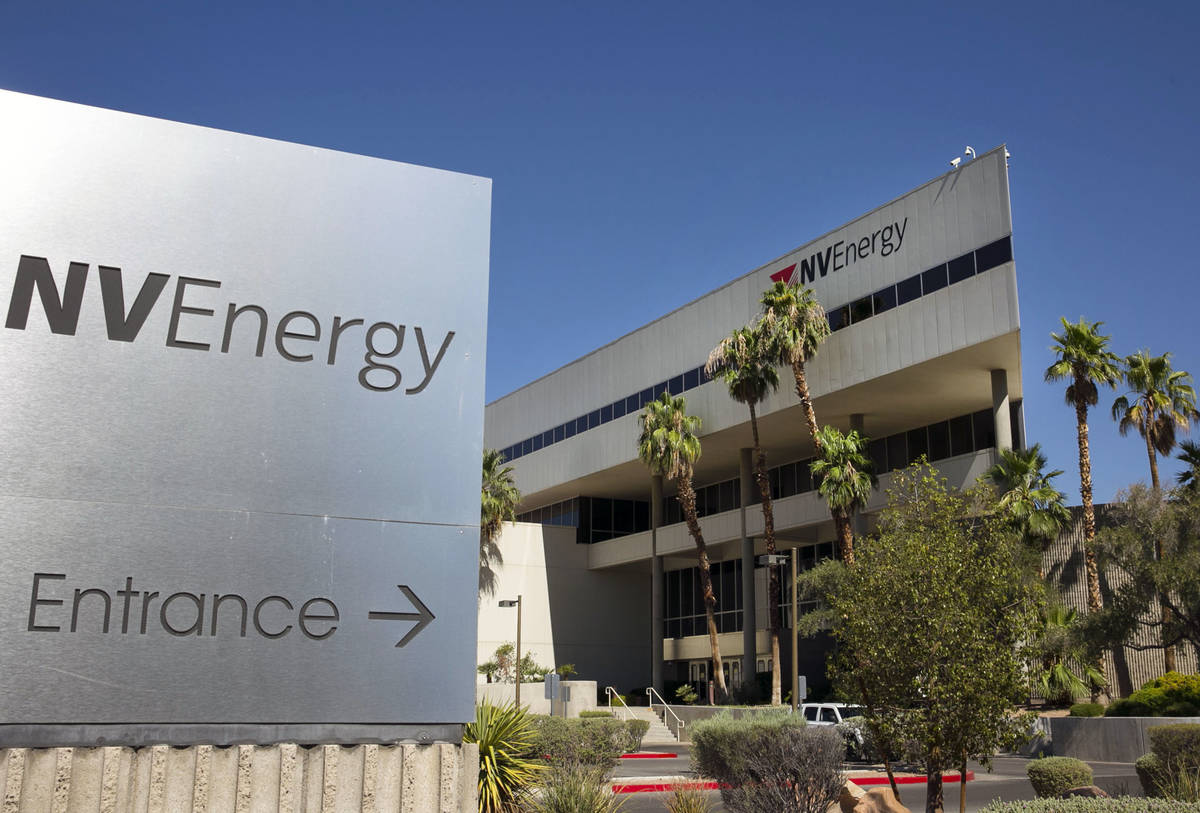NV Energy says overnight robocalls a mistake
Nevada’s power monopoly unintentionally became Nevada’s alarm clock Tuesday night.
Many Nevadans received a robocall Tuesday from NV Energy telling them to conserve their power between 2 and 9 p.m. Tuesday and Wednesday. Some people received theirs at 5 p.m., others at 3 a.m.
The wake-up calls were not by design, the company announced Wednesday. NV Energy President and CEO Doug Cannon apologized to customers for the calls, which he said were the result of a faulty automated program through a vendor the company uses to make such calls.
“We certainly apologize to our customers that we interrupted their sleep and understand what an inconvenience and unwelcome event that was,” Cannon said in a Wednesday interview. “We’re clearly embarrassed by the situation and apologize for it. It was not an acceptable experience and not what we expect from a customer service perspective.”
Cannon said NV Energy explicitly told the vendor no calls after 9:30 p.m. and learned about the robocalls in the morning. The energy company won’t use the vendor again until it is sure the issue that caused the robocalls to continue all night has been resolved, Cannon said.
NV Energy urged customers on Tuesday to conserve energy Tuesday and Wednesday evening because of what it called a high demand for energy caused by an ongoing heat wave across the West.
Contact Mike Shoro at mshoro@reviewjournal.com or 702-387-5290. Follow @mike_shoro on Twitter.


















